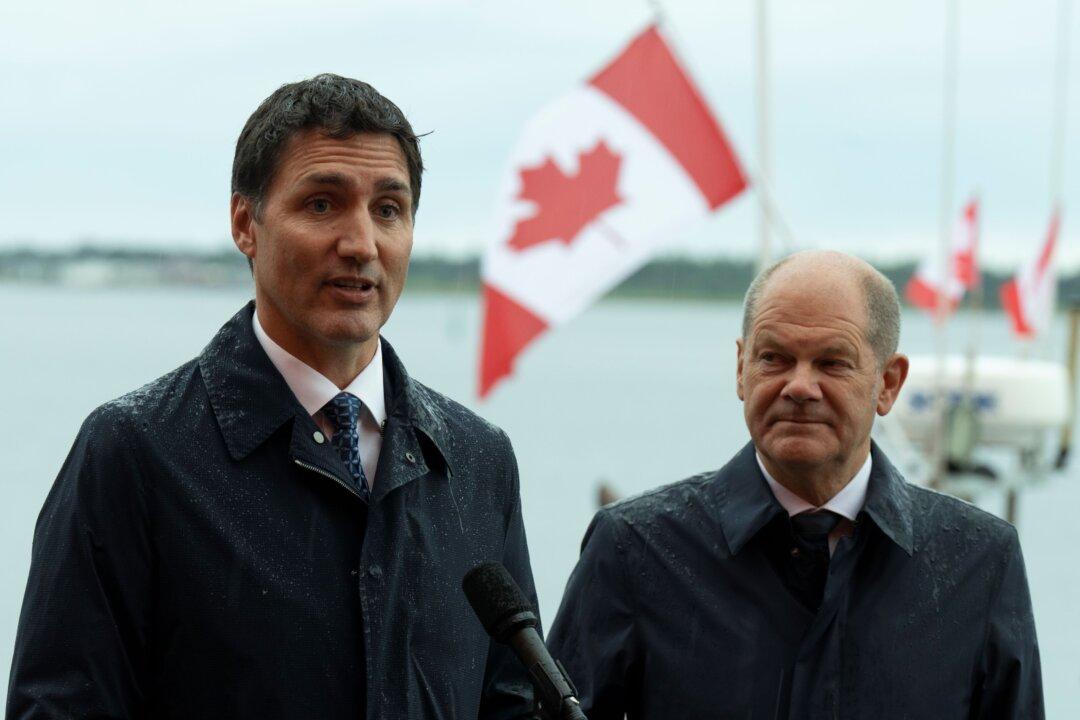The lack of a “strong business case” to export Canadian natural gas to allied countries, as stated by Prime Minister Justin Trudeau, is affected by the federal government’s own regulations, according to information it tabled in the House of Commons on Jan. 30.
“Ultimately, project investment decisions are made by proponents based on their ability to comply with federal and provincial regulatory standards while competing within the global market,” says an Inquiry of Ministry signed by Liberal MP and Parliamentary Secretary to the Prime Minister Greg Fergus.





